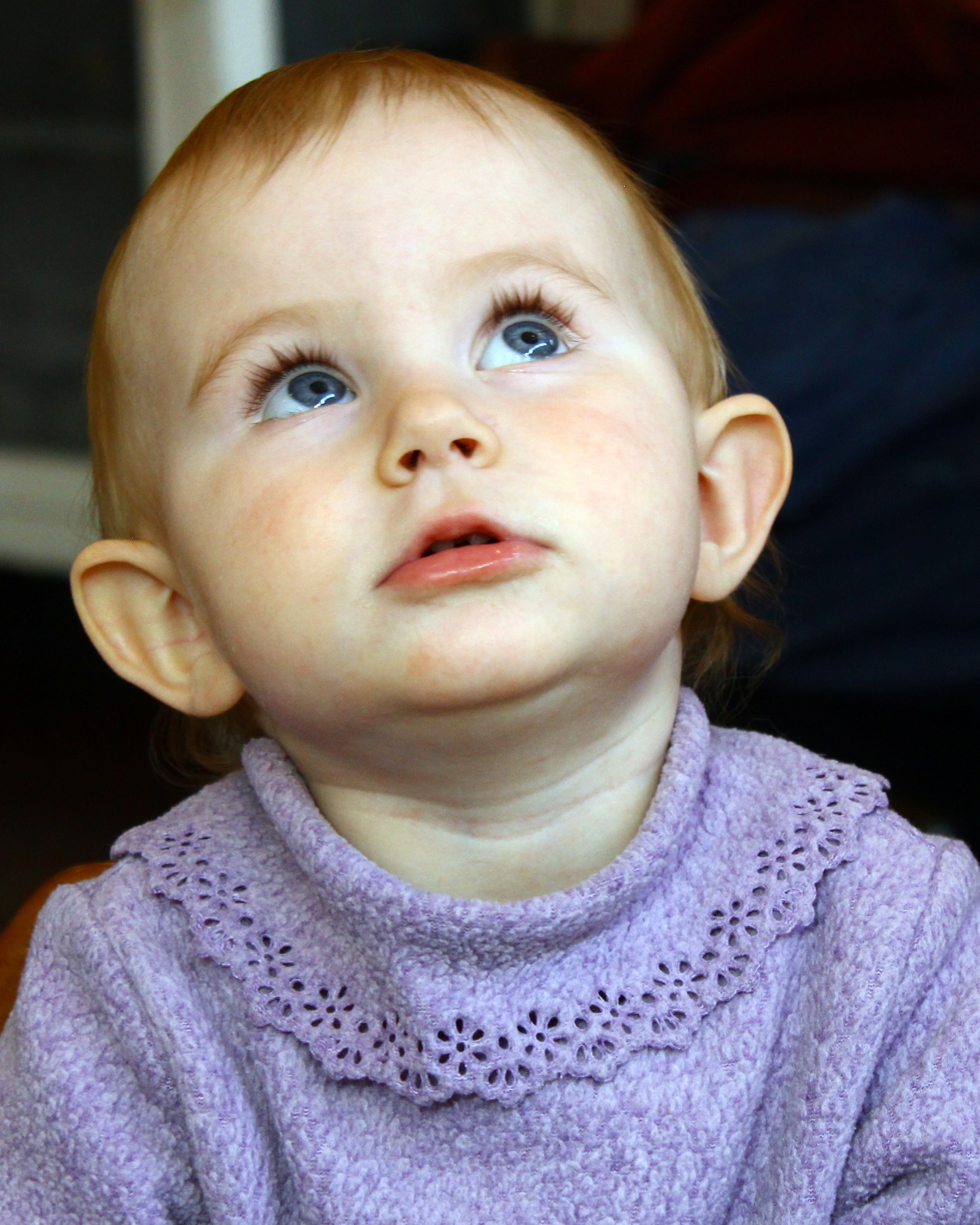Photo by Juliet Cook
I’ve talked a lot here about giving kids attention but I haven’t yet shared about the art of conscious ignoring. Well, I really do think there’s a time and place for everything and ignoring your kids can sometimes be the best choice in a given moment.
For instance, if you’re about to escalate a conflict, yell at them, curse, or otherwise treat them in ways you don’t want to, try ignoring instead. By ignoring their behavior, you’re sending the message, I don’t like what you’re doing and you won’t get my attention by behaving in that way.
Often whether they know it or not, what kids are most wanting when they act in the most extreme ways, is your attention. So, by removing your attention in the moments when you know you can’t respond responsibly, or in the times when you feel that giving them negative attention will just fuel the fire, you can actually create more calm and promote better behavior from your kids.
Obviously this is not a strategy to use very often, and if your tendency is to withhold your attention, watch out. What I’m talking about here is making a conscious choice to ignore, as the best choice among others in your repertoire; not getting in the habit of automatically taking away your attention to coerce kids to behave in ways we want them to. My point is that we all have times when if we had just been able to turn away rather than engage in an old unhealthy pattern, things would have turned out better.
For instance, I will often point it out if a child I’m with is whining because I don’t enjoy it and want kids to learn ways to communicate that will be effective and pleasant for everyone. But there are times when kids are just so tired they can’t stop, and my pointing it out only makes things more difficult. In those moments, I choose to ignore the whining and focus on what’s going on underneath.
In the same way, I often ignore nose picking and potty talk, because pointing them out in the moment isn’t the most connecting choice. If I feel it’s an issue that must be discussed, I might bring it up another time. But telling a kid to take his finger out of his nose can be embarrassing for him and disconnecting for us, especially if others are in earshot. I’d rather ignore it in the moment and talk about it later.
Another situation in which ignoring can be the best choice is when your child is doing something she knows she shouldn’t, but she wants to see if you’ll react. You can tell this is happening when she looks up at you just before she does what you clearly don’t want her to do. I’ve found that by taking a deep breath and walking away rather than engaging in a power struggle, I can reduce the incidence of the behavior (because part of the allure was getting my attention anyway), maintain my own composure and power, and send the message that it’s not OK with me, all without raising my voice.
I’m curious, do you have experiences with the art of conscious ignoring? How did it go? Was there a time when you wish you had ignored rather than engaged? Please share!



I don’t have children of my own, but I’m a nanny for a family in Chapel Hill. I look after two boys, aged 3 and 6.
On Tuesday night, the 6 year old was showing me his Halloween costume. He has an easily set-off temper, and when part of the costume wasn’t working correctly, he became upset and started stomping around and yelling things. I offered to help him with his costume, but that only made it worse, so I chose to ignore! I sat on the couch and said “Ok, I can see that you’re mad. I’m going to sit here on the couch until you feel better.” I picked up a magazine, and he stomped off into the next room. He came back moments later with a smile on his face, showing me all of his candy. All he needed was a moment alone, with the reassurance that I was available and aware of his feelings.
I tried to ignore the kicking into the drivers seat from my 2 year old this morning. I asked him a few times to stop, but he wouldn’t do it. I also asked my almost 4 year old to stop kicking into the passengers seat and I explained to him that if he stops his little brother will probably stop as well. That didn’t get me anywhere and I felt anger coming up, because I felt so helpless in that moment.
Instead of yelling at them I decided to take off Nicholas’ rain boots…and that did it. They lost interest in kicking.
Hey Andrea, Nice strategy! And Giovanna, beautiful. Isn’t it amazing how kids can change their mood so quickly on their own sometimes?
“Please don’t interrupt me while I’m ignoring you!” I LOVE THAT! Where do I get one?